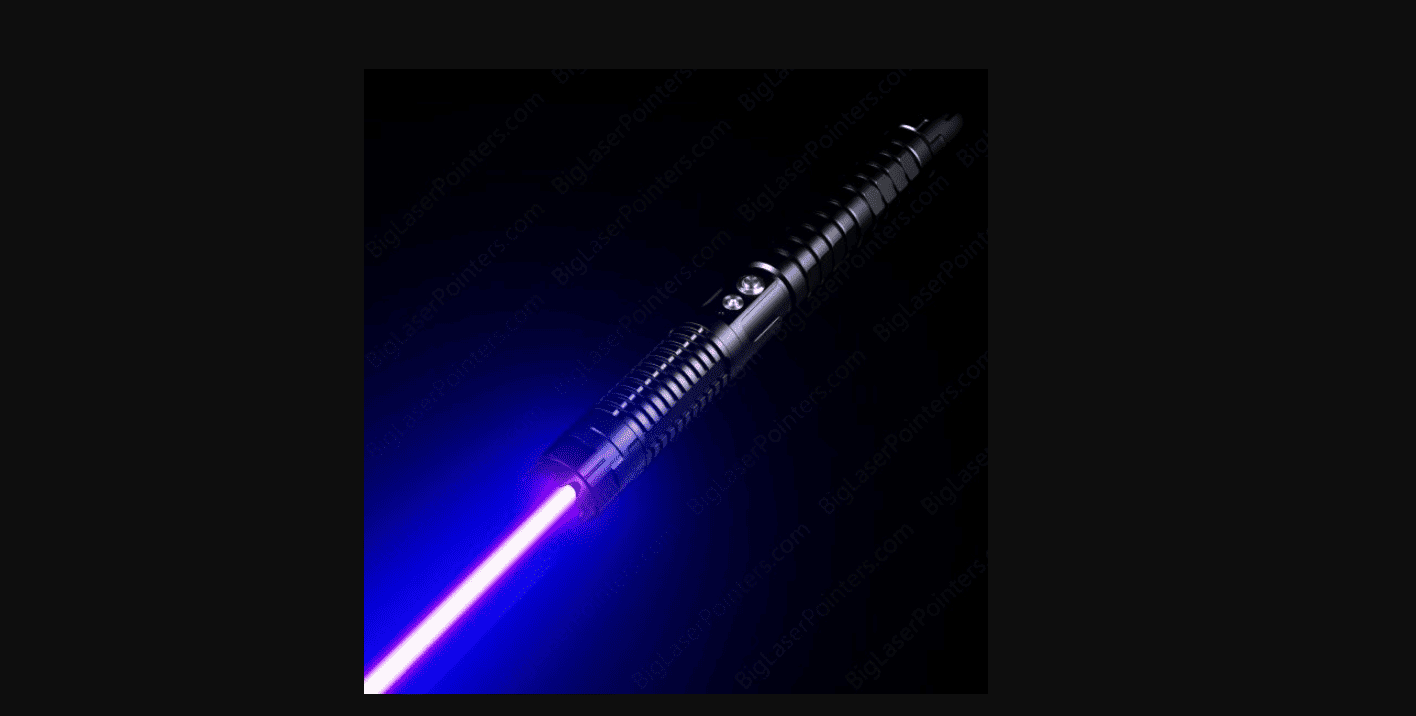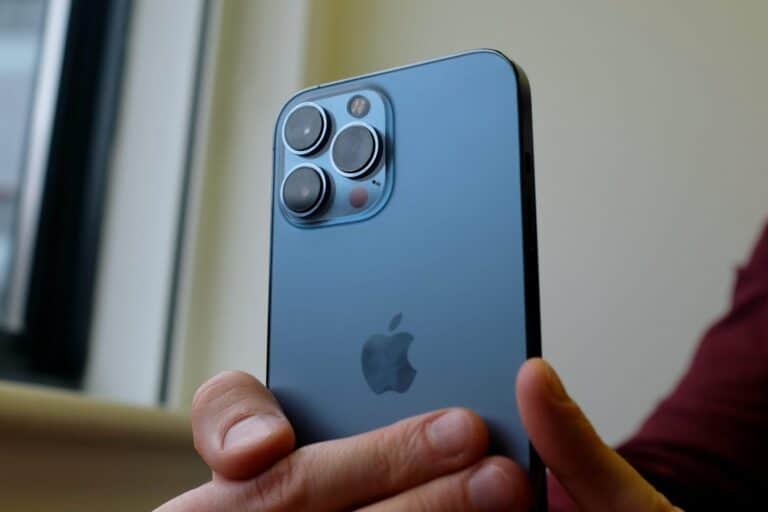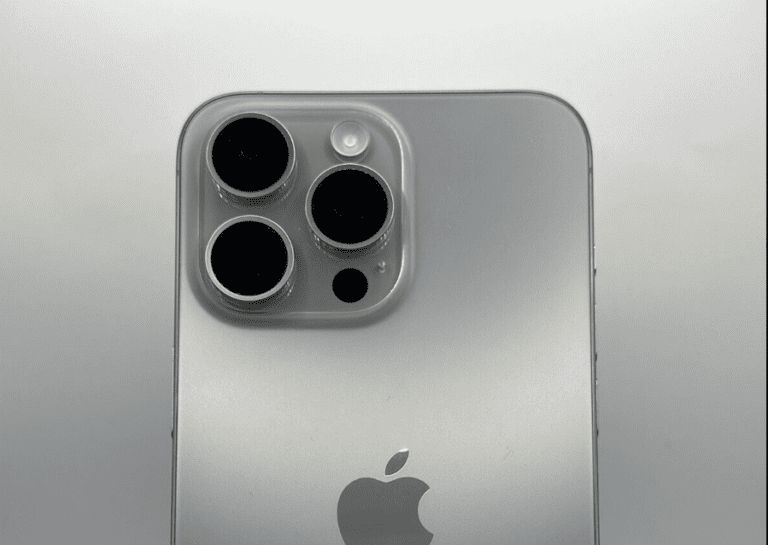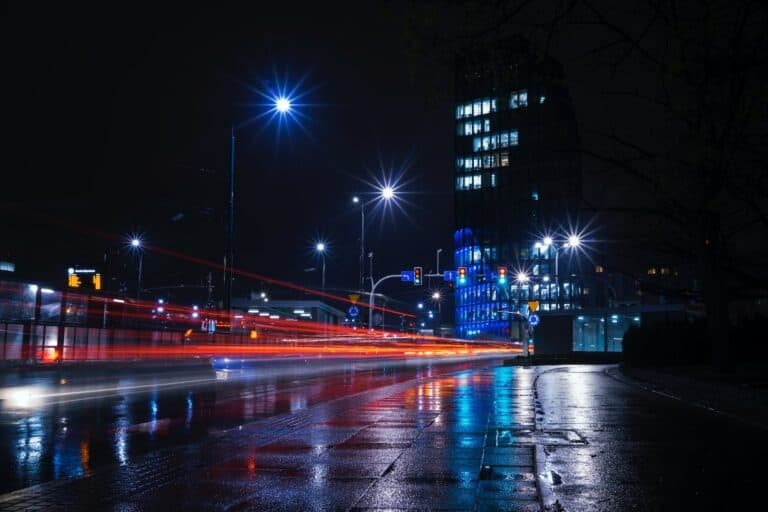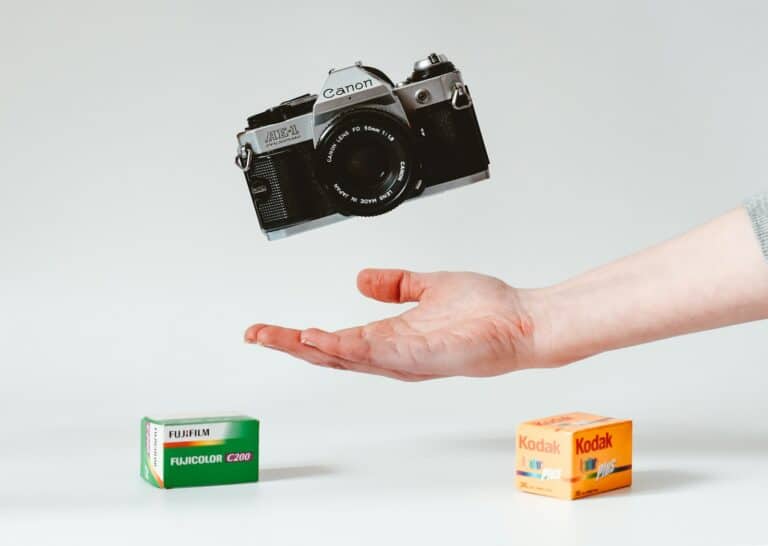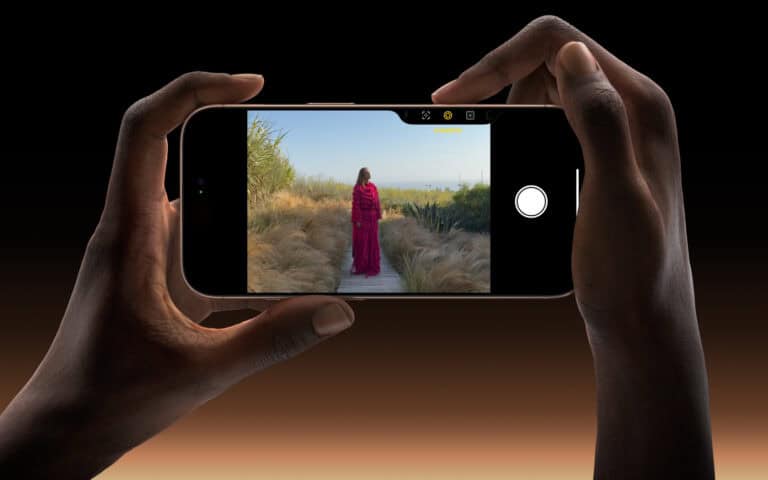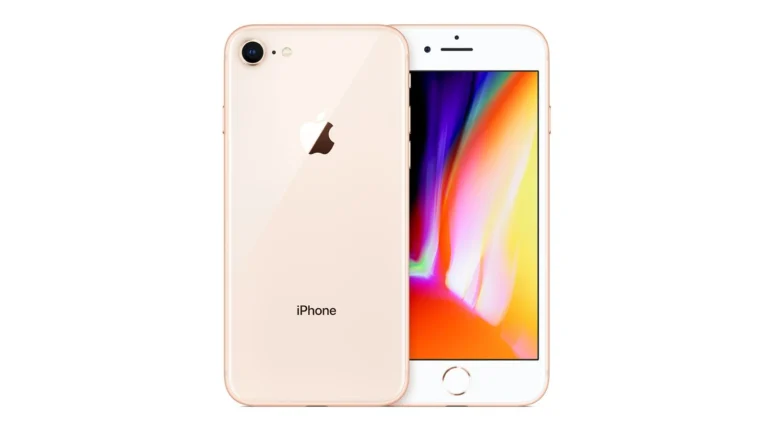Pointing an iPhone camera at laser lights may seem harmless, but the risk is real. Lasers emit concentrated beams that can burn or permanently scar a camera sensor. Direct exposure to a laser can cause lasting damage, leaving black spots, streaks, or even a completely unusable camera.
This type of damage happens more often than many expect, especially at concerts, clubs, or events where lasers are used for effects. The camera lens focuses the beam onto the sensor, which magnifies the heat and intensity. Even brief contact with a strong laser can leave marks that no software update or reset can fix.
Knowing how and why this damage occurs helps prevent costly repairs. By understanding the risks, anyone using an iPhone in environments with laser lighting can take simple steps to protect their device.
The Risks of Laser Exposure to iPhone Cameras
Laser pointers, laser light shows, and even some professional laser tools may seem harmless—but when directed at an iPhone camera, they can cause permanent damage. As iPhone cameras use highly sensitive imaging sensors, exposure to concentrated laser light poses real risks that many users are unaware of.
This guide explains why lasers damage iPhone cameras, what types of lasers are most dangerous, how to recognize damage, and how to protect your device.
Why Lasers Can Damage iPhone Cameras
iPhone cameras rely on CMOS image sensors, which convert incoming light into electrical signals. Lasers emit highly focused, intense beams of light, delivering far more energy than normal light sources.
When a laser hits the sensor:
- Energy is concentrated on a tiny area
- Pixels overheat or burn out
- Damage can occur in milliseconds
- The affected pixels are permanently destroyed
Unlike software issues, laser damage is physical and irreversible.
Common Sources of Laser Exposure
Many users don’t realize how often lasers are present in everyday environments.
High-Risk Sources
- Concert and nightclub laser light shows
- Laser pointers (especially green and blue)
- Industrial or construction lasers
- Laser engraving or cutting machines
- Scientific or medical laser equipment
Moderate-Risk Sources
- Camera autofocus assist lasers (safe by design)
- LIDAR scanners (not harmful to cameras in normal use)
- Retail barcode scanners (low risk unless very close)
How Laser Damage Appears on iPhone Cameras
Laser damage typically appears immediately or shortly after exposure.
Common Symptoms
- Bright or dark dots in photos and videos
- Colored lines or streaks across images
- Dead pixels that remain in the same location
- Distorted patches that don’t move when you zoom
⚠️ These defects will appear in every photo and video, regardless of app or lighting conditions.
Which iPhone Cameras Are Most Vulnerable?
All iPhone models with digital image sensors are at risk, but newer models may be more vulnerable due to:
- Higher-resolution sensors
- Larger apertures allowing more light in
- Advanced stabilization systems
Particularly at Risk
- Main rear camera (widest aperture)
- Telephoto lenses (optical zoom concentrates light)
- Pro models with multiple camera arrays
Can Laser Damage Be Repaired?
Unfortunately, no.
- Software updates cannot fix sensor damage
- Resetting the phone will not help
- Camera modules must be replaced
Repair Options
- Apple‑authorized camera replacement
- Third‑party repair (varies in quality)
- Full device replacement (in severe cases)
Laser damage is typically not covered under warranty, as it’s considered accidental damage.
How to Protect Your iPhone Camera
Do:
- Avoid filming laser shows directly
- Keep distance from active laser equipment
- Cover the camera lens when near lasers
- Use optical filters only if rated for laser protection
Don’t:
- Point your camera at laser beams
- Assume lasers are safe because they’re “low power”
- Film concerts or clubs without checking laser usage
- Test laser pointers on your phone camera
Are iPhone LiDAR Sensors at Risk?
iPhone Pro models use LiDAR for depth sensing. While LiDAR systems are designed to be camera-safe under normal conditions, external high-powered lasers can still cause indirect damage to surrounding camera sensors.
Key Takeaways
- Laser exposure can permanently damage iPhone camera sensors
- Damage occurs instantly and is irreversible
- Concert lasers and laser pointers are the most common causes
- Repairs usually require camera module replacement
- Prevention is the only reliable solution
Final Thoughts
Lasers and smartphone cameras are a dangerous combination. What looks like a quick video or test can result in a costly repair. If you’re in an environment with lasers, it’s best to enjoy the moment—without putting your iPhone camera at risk.
Key Takeaways
- Laser exposure can permanently damage iPhone cameras
- Damage often shows as black spots or streaks on photos
- Simple precautions can prevent costly repairs
Frequently Asked Questions
Laser light can harm iPhone cameras by damaging the lens coating or sensor. Repairs are possible, but they often come at a high cost and are not typically covered by warranty. Preventive care is the best way to avoid permanent damage.
What are the potential effects of laser exposure on iPhone camera sensors?
Direct laser light can burn pixels on the sensor, leaving permanent bright or dark spots. In severe cases, entire rows or sections of the image sensor may stop working. The lens coating can also show marks or discoloration.
Is iPhone camera damage caused by lasers covered under warranty?
Apple’s warranty does not cover laser-related damage. Because the harm comes from misuse or exposure to external sources, it is considered outside normal coverage.
How can one repair an iPhone camera that has been damaged by laser exposure?
The only reliable fix is to replace the damaged camera module. Technicians cannot repair burned pixels or melted coatings, so replacement is the standard solution.
What is the estimated cost for repairing a laser-damaged iPhone camera?
Repair costs vary by model and service provider. For most recent iPhones, replacing the rear camera can range from $150 to $400 if done out of warranty. Prices may be higher at authorized service centers.
Are there any preventive measures to protect iPhone cameras from laser damage?
Users should avoid pointing their cameras directly at laser beams. Filming laser shows or laser pointers can put the sensor at risk. Neutral density filters may reduce light intensity, but they cannot guarantee protection against strong lasers.
Can using a laser pointer near an iPhone result in camera malfunction?
Yes. Even low-power laser pointers can cause visible sensor damage if the beam enters the lens. The risk increases if the laser stays focused on the camera for more than a brief moment.

